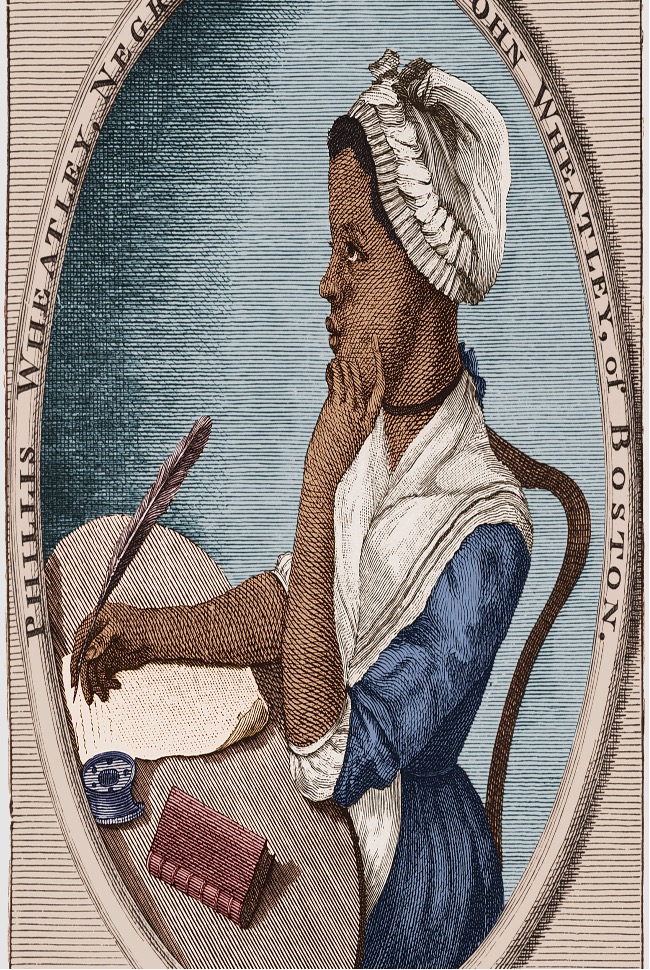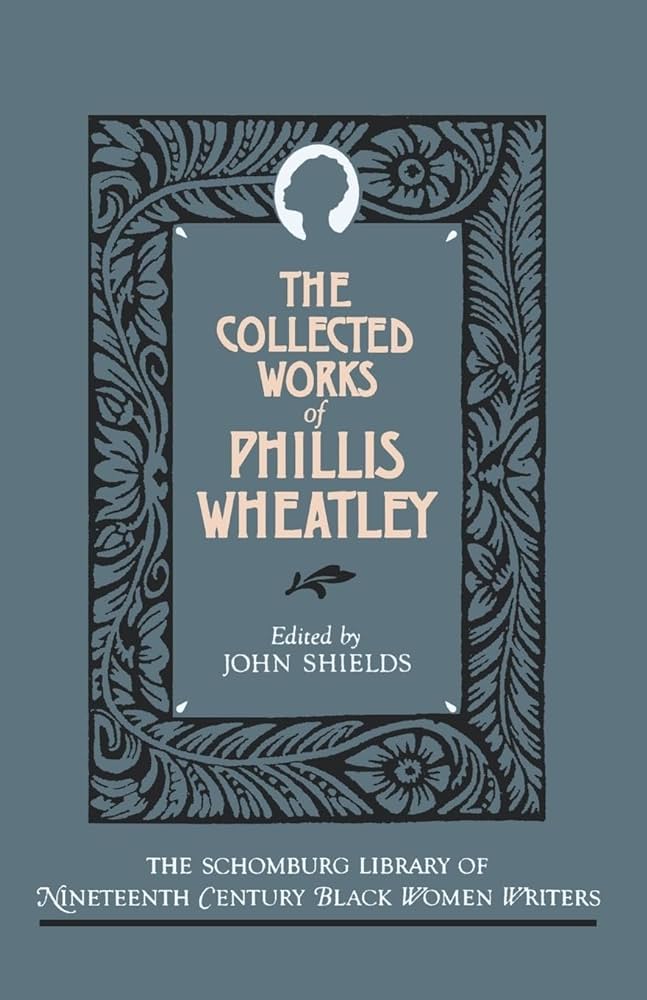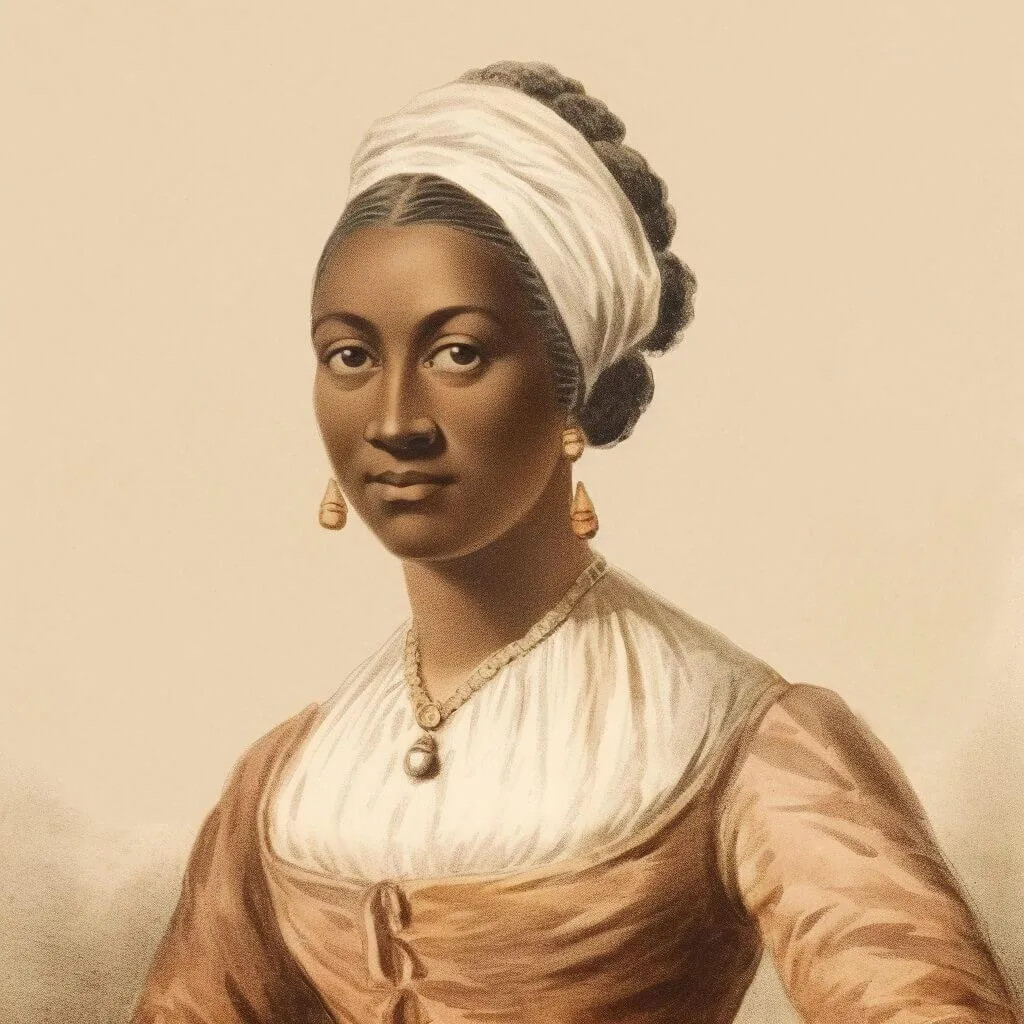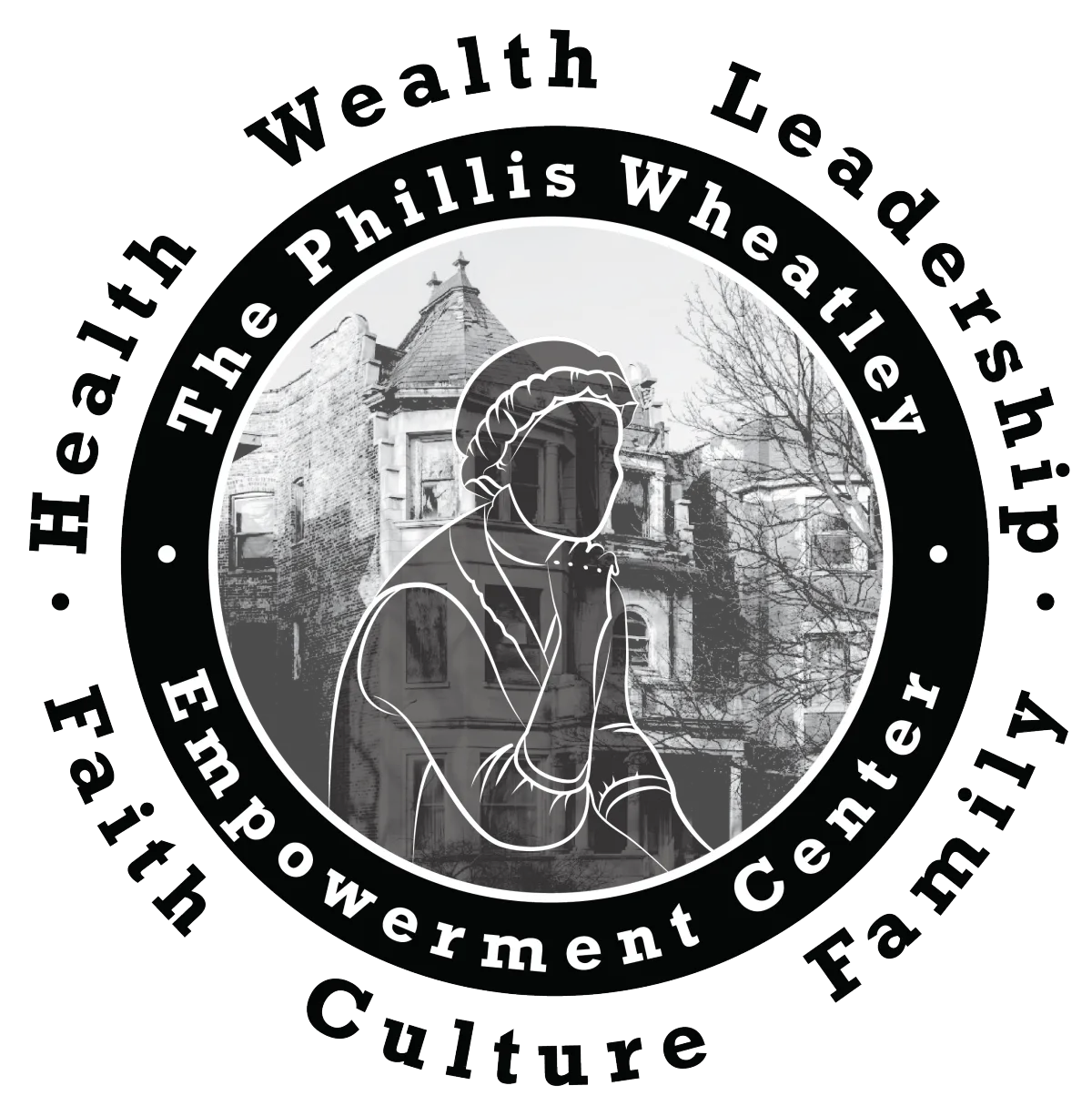Phillis Wheatley Peters, also spelled Phyllis Wheatly (1753 – December 5, 1784)
An American author who is regarded as the First African American author of a book
of published poetry. Phillis Wheatley was born in Africa. At the age of seven, she was kidnapped and sequently sold into enslavement and transported to North
America. The Wheatley Family of Boston bought her. She learned to read and write and the Wheatly Family encouraged her poetry when they recognized her talent.

The Collective Work
Phillis Wheatley

Phillis
Phillis Wheatley was liberated by her enslavers shortly after the publication of her book. The Wheatley Family died and Phillis then married John Peters. At the age of 31, she died in poverty and obscurity.


THE HOME STORY
The Phillis Wheatley Home is a 128-year-old building that was constructed May 25, 1896. This home is in Bronzeville/Washington Park one of the oldest and most historical neighborhoods in the city. The Phillis
Wheatley Home for Girls was once a charitable organization founded by Elizabeth Lindsay Davis, a notable Black woman. There were three homes, but the 5128 S. Michigan was the longest existing site and the only site still standing. The home was name Phillis Wheatley because she was a self-learner who represented what could have been with millions of women if they had the opportunity. She set the stage to motivate the women who entered this home’s doors making The Phillis Wheatley Home becoming an icon in the community.

THE HOME STORY
We must save this icon because it truly represents Black and their Phillis Wheatley Home was a place where Black women had a chance to have a positive and productive life. This home supplied a wholesome development for women migrating from the South.
They were refined sociably, economically, spiritually, and intellectually. These women were trained to enter Chicago’s workforce by teaching and/or refining them. We must save this icon because it truly represents Black people and their culture...
This home supplied a wholesome development for women migrating from the South.


THE HOME RENOVATION
The Renovated Phillis Wheatley Home will become Phillis Wheatley Empowerment Center. It will be a transformative oasis displaying strides made from social and racial injustice, migration, and shortcomings to black excellence. In the past, Black women needed transforming but today our Black Families need it.
Today, PWEC will create a pathway for Black Families. The Phillis Wheatley Empowerment Center with the collaboration of community,
private, and public entities will train Black Families in entrepreneurship along with leadership development, finances, health betterment, spirituality, family and community development and engagement.
Testimonials


John doe

Lorem ipsum dolor sit amet, consectetur adipiscing elit, sed do eiusmod tempor incididunt ut labore et dolore magna aliqua. Ut enim ad minim veniam.


John doe

Lorem ipsum dolor sit amet, consectetur adipiscing elit, sed do eiusmod tempor incididunt ut labore et dolore magna aliqua. Ut enim ad minim veniam.


John doe

Lorem ipsum dolor sit amet, consectetur adipiscing elit, sed do eiusmod tempor incididunt ut labore et dolore magna aliqua. Ut enim ad minim veniam.
Frequently Asked Questions
Answers to Your Frequently Asked Questions
What is the purpose of the Phillis Wheatley Home restoration project?
The Phillis Wheatley Home restoration project aims to transform the historic site into the Phillis Wheatley Empowerment Center (PWEC). This center will serve as a transformative oasis for Black families, offering programs in entrepreneurship, leadership development, finances, health improvement, spirituality, and community engagement. It will preserve the legacy of the countless Black women who migrated from the South and honor their contributions to Chicago's history.
How can I contribute financially to the Phillis Wheatley Home restoration?
Donations can be made by contacting Dr. Ariajo (JoAnn) Tate at 773/485-1328 or via email at [email protected]. You can also inquire about other forms of contributions, such as corporate sponsorships or in-kind donations, by reaching out through these contact details.
Are donations to the Phillis Wheatley Home tax-deductible?
Yes, donations to the Phillis Wheatley Home are tax-deductible. The organization managing the restoration is a registered nonprofit. However, it's always a good idea to consult with a tax professional to understand how your contribution may affect your tax situation.
Where do the funds raised go?
All funds raised are directed towards the restoration and operation of the Phillis Wheatley Empowerment Center. This includes structural renovations, program development for training and community services, and maintenance of the facility to ensure it serves as a beacon of black excellence and historical preservation.
How can volunteers get involved with the Phillis Wheatley Home project?
Volunteers are crucial to the success of the Phillis Wheatley Home project. Opportunities range from hands-on construction work to administrative support and event planning. Interested individuals should contact Dr. Ariajo Tate for more information on current volunteering needs.
What are the long-term goals for the Phillis Wheatley Home once it is restored?
Once restored, the Phillis Wheatley Home will function as a House Museum and a community complex that supports the advancement of Black families. It will offer entrepreneurship and leadership training, and serve as a venue for cultural and educational events that celebrate and promote Black history and excellence. The goal is to create a sustainable, impactful hub that continues to serve the community for generations to come.

